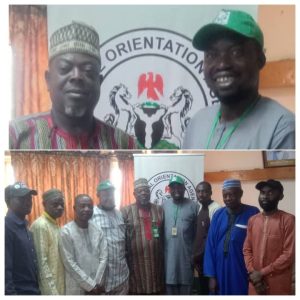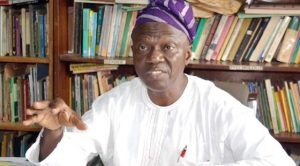By Dr. Mutiat Titilope Oladejo
While watching the movie: The Woman King, it manifests some aspects of nineteenth century Yoruba history.
From my teaching experience on Yoruba history, a narration accounts how a European was surprised that women formed a formidable army in Dahomey. He narrated how the King celebrated the women after victories at war. The women guard were also coordinated to entertain the visitor through singing and choreography. To the European, this was utterly strange because women don’t have such credentials in Europe. The film centered around the bravery of Dahomey women.
This scenario brings to fore Emeritus Prof. Bolanle Awe’s assertion that “African women should be studied in their own terms”. In the nineteenth century Dahomey, women have their spheres of power which mattered to the growth of the kingdom. Other scholars espoused the fact that African women exhibit several spheres of power. Hence, the experiences of inequality differ across the world.
Again, the sophistication of the female army, the lifestyle and the doggedness manifest a kind of feminist nationalism. The women displayed the spirit of self-determination to free Dahomey from disadvantaged status in relation with Yoruba kingdoms. This was profound in the in the intellectual talks about how Dahomey was being subjugated by Oyo and Europeans in the King’s court. And it was interesting to see how King Ghezo wanted to stop slave trade and chart a new course for the development of Dahomey. However, the level of palm oil production was less sustainable to attain desired economies of scale.
Nawi’s recruitment into the army portrays how gender based violence feature as a problem that pushed women to join the guard. As she refused to be married to the old man who already gave signals of how she will be maltreated. Also, her life history as portrayed later in the film indicates the fact that women were victims of sexual violence in wartimes and it also stirs the determination to fight.
At a point the army was rejigged for preparedness and requires the women not marrying or sexually active, some women opted out. This shows how the needs or wants of every woman can’t be the same at the same time. And that should be respected in contemporary times.
The film portrays how Trans Atlantic slave trade disrupt and destroyed Yorubaland and Dahomey as the wealth of the empires built on revenue from slaves. Oyo hegemony was derived from tributes from smaller Kingdoms, Dahomey inclusive. Slave trade created under development, while colonialism only created boundaries to reinforce it. I was once in Benin Republic and I had no worries of not being able to speak French fluently. Almost every one can indigenously speak Yoruba. My experience resonates with how Angelique Kidjo was part of elders of thought in the King’s court.
Angelique Kidjo’s identity interfaces the nationalities of Nigeria and Benin Republic and she has done well in the African music industry to the level of receiving five Grammy awards. After all there were cordial intergroup relations, we were not strange bed fellows!






